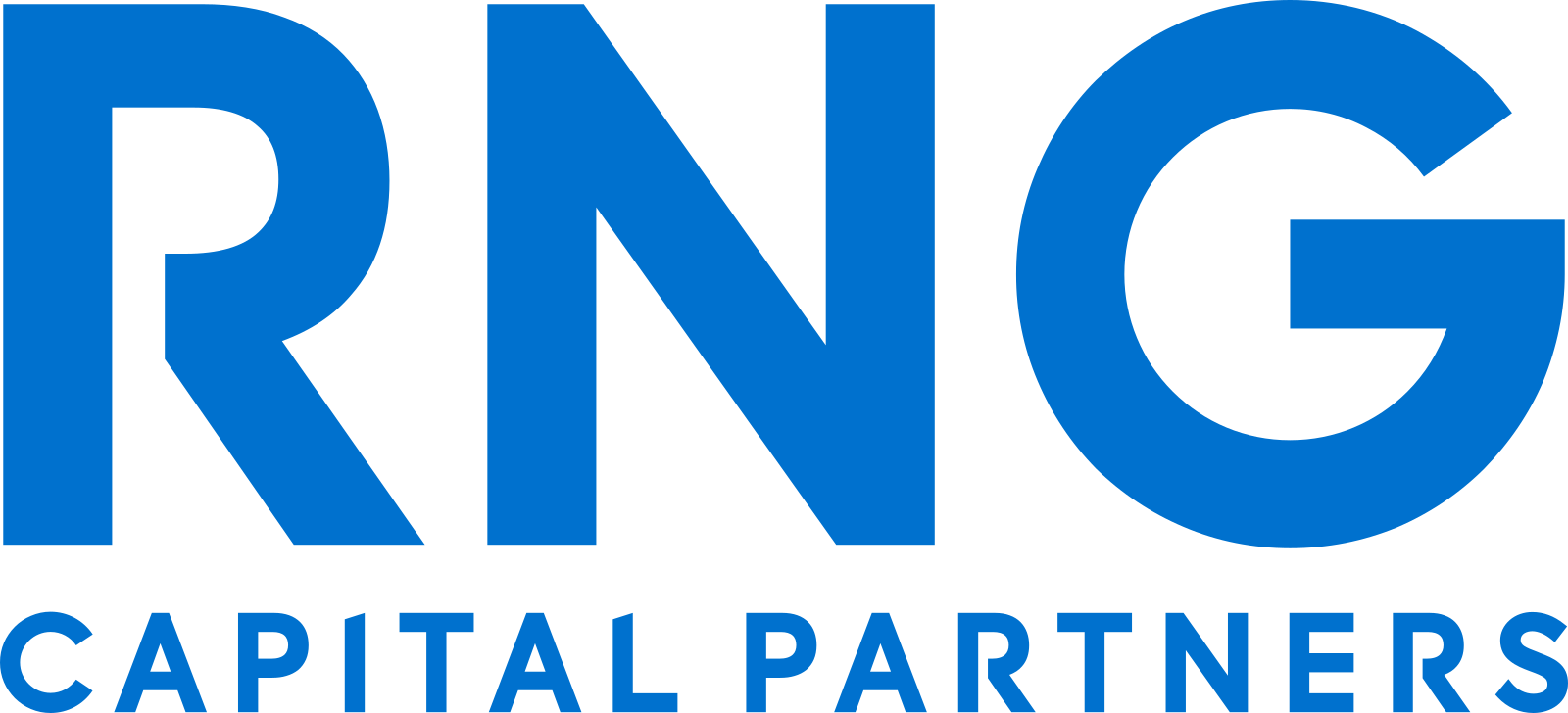Real estate investing, particularly multifamily apartment investing in the US, offers an attractive pathway to passive income.
Why Invest in the US Real Estate Market?
The US real estate market offers several advantages for Canadian investors. With its large and diverse market, there are great opportunities across states and cities. Landlord friendly states, and attractive returns make the US an excellent destination for cross-border real estate investments. Here are 3 reasons we choose the US Multifamily sector.
1. Positive Cash Flow
The consistent cash flow, stability, and the potential for property appreciation makes US multifamily investments attractive to foreign investors. The predictable income from rent, with the long-term appreciation potential of real estate in growing markets, offers a compelling reason for why these investments are favoured.
2. Diversification of Investment Portfolio
The age-old investment wisdom of not putting all your eggs in one basket holds true. Multifamily investments stand out as a smart avenue for diversifying one’s investment portfolio by acquiring multiple units and assets. This diversification not only secures an investor’s capital but builds wealth.
3. Economies of Scale.
The US is known for its continuously growing demand for rental properties. This demand ensures that foreign investors can easily find tenants, thereby generating a seamless and steady income stream.
How Canadians Can Invest
If you invest into a US entity that owns an asset through syndication, the tax is going to be paid on the US side first, and then as a Canadian, you get taxed on the income that’s remaining.
CRA considers both single and multi-member US LLCs to be corporations for Canadian tax purposes. The IRS treats a US LLC as a flow through entity unless the tax payer elects to be treated as a US Corporation.
As a result of this difference, Canadians owning US LLCs could be double-taxed on the same income earned with the LLC. This is because the CRA recognizes the US LLC as a foreign corporation. The LLC distributions would be considered and treated as a foreign income, which is not subject to a Canadian dividend tax credit or a foreign tax credit.
The optimal structure is the investment is held in a US LP. The IRS recognizes a US LP as a flow-through entity for US tax purposes. As such, any income earned within the US LP is not taxed within the LP and flows up the organization chain to the partner.
Since the CRA recognizes the US LP as a flow-through entity, it does not create a double taxation situation. This is because this structure allows for the use of foreign tax credits. Since all the income and gains are being recognized at the partner level, any taxes paid on the Canadian taxpayer’s US personal tax return will be deductible on their Canadian personal tax return.
Canadian Capital Gains
In Canada, capital gain is treated as income during the year in which you realized it. But it’s not the full value of the gain that gets taxed, rather it’s only a portion that is added to your income.
Here’s an example:
- Your regular income earned from your full-time job is $75,000.
- You make a $100,000 profit from the sale of your investment (after you pay real estate fees, closing costs, etc.)
- 50% or 66.67% of the profit is taxable, which means you add $50,000 or $66,670 to your income during the tax year in which you realized this capital gain.
- $75,000 + $50,000 (50% of the gain from the $100,000 profit) = a total income for that tax year of $125,000.
The current capital gain tax rates:
- For all corporations and trusts, the capital gains tax inclusion rate is 66.67%.
- For individuals with gains over $250,000, the capital gains tax inclusion rate is 66.67%.
- For individuals with gains under $250,000, the capital gains tax inclusion is 50%.
Canadian Depreciation Rate
The annual depreciation rate in Canada is 4%.You will be able to lower your passive income from this investment by taking advantage of depreciating the building by 4% annually.
US residents will benefit from accelerated deprecations and cost segregation to further lower their taxes.
For those looking for real estate investments, the U.S. multifamily sector offers positive returns, diversification, stability, and great scalability for building wealth.





